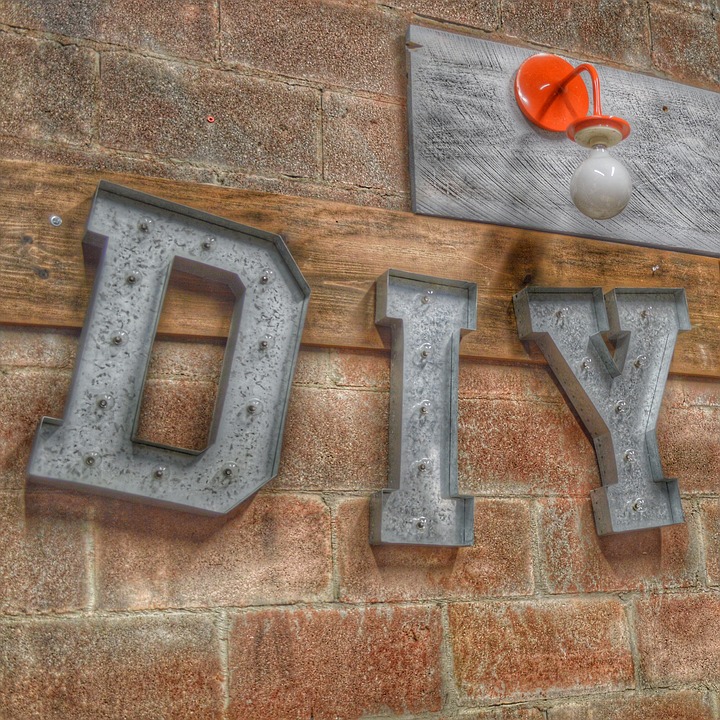Branley Blog

Top Tips for Maintaining your New Home
A new home requires regular maintenance to ensure that it continues to funtion properly and to enable minor problems to be snagged before they turn into major issues requiring costly resolution. Whilst your Warranty will protect you from structural defects it will not protect you against problems which arise out of poor maintenance. We provide a comprehensive post sales care service aimed at resolving defects in accordance with our buyers’ warranties in a timely manner. Certain issues do arise out of poor property maintenance so we have set out below our top tips on how to properly “run in” and maintain your new home to ward off longer term problems.
- Avoid placing hot pans on kitchen surfaces/worktops.
- Cover pans when cooking where possible.
- Switch on extractor fans during cooking, bathing and showering.
- Clean kitchen surfaces with warm soapy water and avoid detergents.
- UPVC patio doors are proven to expand in the summer months so it is advisable to open them both together and to close them both together.
- When possible, leave windows or trickle-vents open.
- Close doors when taking a bath or shower to avoid moisture spreading into other rooms.
- Do not block air bricks or vents.
- Where possible, dry clothing outdoors. If using a tumble dryer, make sure it vents outdoors or is fitted with a condenser. Avoid drying clothes indoors or on radiators.
- Wipe away any condensation on windows and other glass surfaces.
- Plaster cracking will occur within the first 12 months of you occupying your new home so it is advisable to caulk and touch up after the first 12 months. When redecorating, use good quality filler on any gaps. If you feel the cracks are significant, report them to us as soon as possible.
- It is advisable to maintain boiler pressure at a minimum of 1.5 bars on the pressure gauge.
- Ensure you regularly clean any smoke and/or carbon monoxide detectors as the accumulation of dust can affect how they function.
- Test the batteries on any smoke/carbon monoxide detectors regularly and replace when necessary.
- Program your thermostat to automatically regulate the temperature in your home according to when you will be home. This will save energy and costs down the line.
- Install LED light bulbs where possible. They can save costs on energy use in the long haul and often have longer lives than normal incandescent light bulbs.
- Clean leaves and debris out of gutters and drainpipes to prevent water from backing up.
- Place welcome mats in front of entryways to prevent dirt and mud from being tracked into your home.
- Cut your grass quite short before the onset of winter to ensure a healthy return to greenery when spring comes. It is also advisable to fertilize your lawn so that when spring comes the nutrients will be there ready to feed the soil and the grass.
- Make sure the refrigerator and freezer doors seal tightly and clean coils regularly.